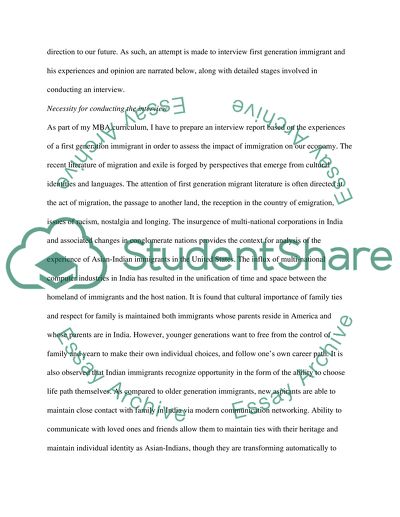Cite this document
(“INTERVIEW WITH A PERONS OF MIGRANT BACKGROUND Research Proposal”, n.d.)
Retrieved de https://studentshare.org/sociology/1503173-interview-with-a-perons-of-migrant-background
Retrieved de https://studentshare.org/sociology/1503173-interview-with-a-perons-of-migrant-background
(INTERVIEW WITH A PERONS OF MIGRANT BACKGROUND Research Proposal)
https://studentshare.org/sociology/1503173-interview-with-a-perons-of-migrant-background.
https://studentshare.org/sociology/1503173-interview-with-a-perons-of-migrant-background.
“INTERVIEW WITH A PERONS OF MIGRANT BACKGROUND Research Proposal”, n.d. https://studentshare.org/sociology/1503173-interview-with-a-perons-of-migrant-background.


